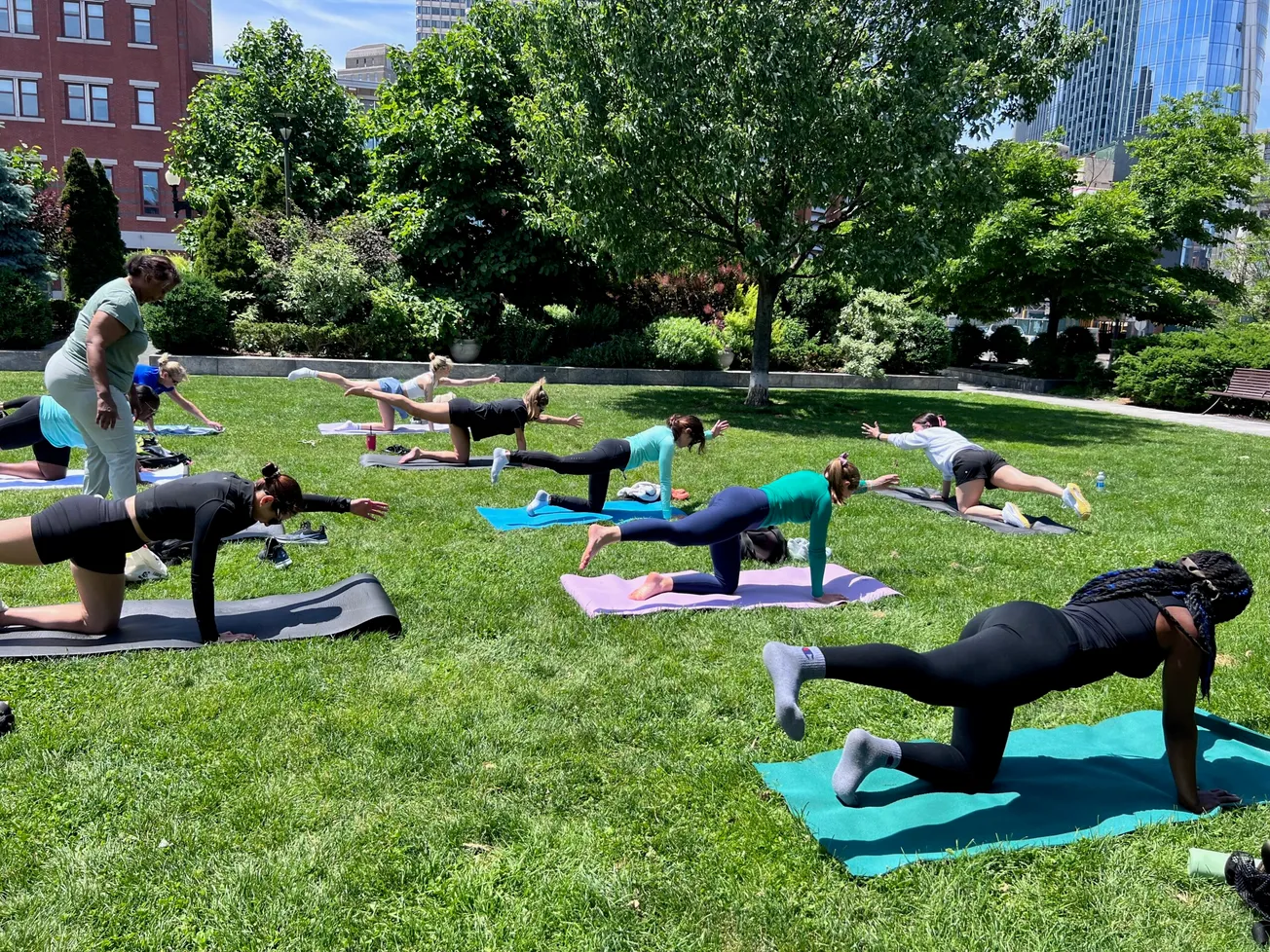Smoking and secondhand smoke can make people sick. Tobacco is a factor in most leading causes of death in Boston: cancer, heart disease, stroke, and chronic obstructive pulmonary disease.
Even non-smokers inhaling secondhand smoke can experience these health effects. Among children and infants, exposure to secondhand smoke causes low birth weights, increases the risk of sudden infant death syndrome, and contributes to asthma and other respiratory infections.
The Boston Public Health Commission has taken new steps to reduce exposure to secondhand smoke and to make tobacco products less accessible.
Among those steps are:
- Tobacco products cannot be sold in any health institution, including pharmacies or drug stores, or in grocery stores that contain pharmacies.
- Tobacco products cannot be sold in any business operating on property owned by an educational institution.
- Smoking will not be permitted in hotels, inns, lodging houses, or bed and breakfasts operating in Boston. Smoking rooms will be eliminated.
- Smoking will not be allowed in outdoor workspaces that are adjacent to indoor workspaces. Examples include restaurant and hotel patios, loading docks, valet parking areas, and unenclosed floors of construction sites. Smoking is already prohibited in all indoor workspaces.
In addition, signs and other material warning patrons at smoking bars, including hookah and cigar bars, of the hazards of smoking and secondhand smoke will be more visible.
Under the new regulations, the Boston Public Health Commission will not issue any new permits for smoking bars, and existing smoking bars will be allowed to operate for an initial period of no more than 10 years. Also, blunt wraps can no longer be sold in Boston.
Many of these measures go into effect Monday, Feb. 9. In some cases, establishments will be given additional time to comply with the new regulation. In addition to enforcement, the Commission will be providing educational and technical assistance to help businesses and institutions comply with the new rules.
These changes are designed to further protect the health of Boston workers, visitors and residents, especially youth. Evidence suggests that such strategies are effective in saving lives and discouraging new smokers.
In recent years, there has been overwhelming evidence that strict tobacco control regulations are effective in reducing disease and death. A recent study conducted by the Massachusetts Department of Public Health and Harvard School of Public Health shows that there were 16 percent or 577 fewer than expected heart attack deaths annually after the Massachusetts Smoke Free Workplace Law was enacted in 2004.
It’s Time to Quit
Quitting smoking is hard and smokers often need help. The Boston Public Health Commission has been working with Boston health centers and hospitals to increase access to smoking cessation resources, such as free patches and counseling. This spring, the BPHC is working with Boston pharmacists to make smoking cessation resources available through neighborhood pharmacies. To find out about a smoking cessation program near you, go to the Tobacco Prevention and Control Program website at bphc.org and click on «Quit Smoking Today» or call the program at 617-534-4718. Join our efforts to build a Smoke-Free Boston.





